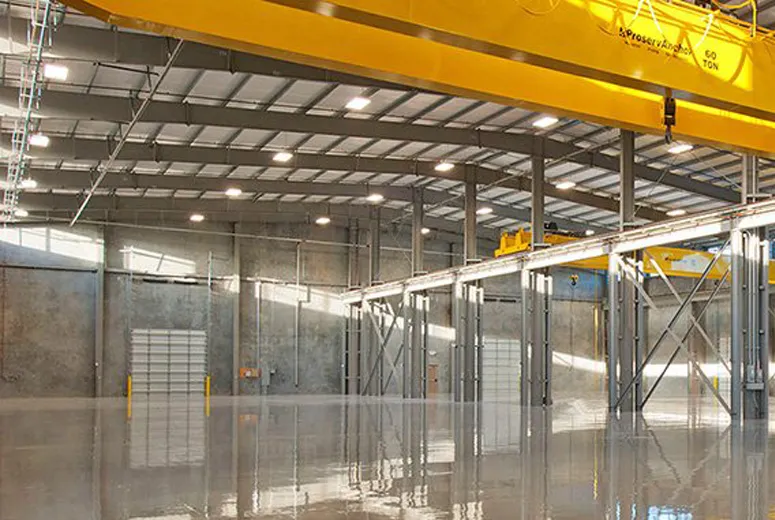- Afrikaans
- Albanian
- Amharic
- Arabic
- Armenian
- Azerbaijani
- Basque
- Belarusian
- Bengali
- Bosnian
- Bulgarian
- Catalan
- Cebuano
- Corsican
- Croatian
- Czech
- Danish
- Dutch
- English
- Esperanto
- Estonian
- Finnish
- French
- Frisian
- Galician
- Georgian
- German
- Greek
- Gujarati
- Haitian Creole
- hausa
- hawaiian
- Hebrew
- Hindi
- Miao
- Hungarian
- Icelandic
- igbo
- Indonesian
- irish
- Italian
- Japanese
- Javanese
- Kannada
- kazakh
- Khmer
- Rwandese
- Korean
- Kurdish
- Kyrgyz
- Lao
- Latin
- Latvian
- Lithuanian
- Luxembourgish
- Macedonian
- Malgashi
- Malay
- Malayalam
- Maltese
- Maori
- Marathi
- Mongolian
- Myanmar
- Nepali
- Norwegian
- Norwegian
- Occitan
- Pashto
- Persian
- Polish
- Portuguese
- Punjabi
- Romanian
- Russian
- Samoan
- Scottish Gaelic
- Serbian
- Sesotho
- Shona
- Sindhi
- Sinhala
- Slovak
- Slovenian
- Somali
- Spanish
- Sundanese
- Swahili
- Swedish
- Tagalog
- Tajik
- Tamil
- Tatar
- Telugu
- Thai
- Turkish
- Turkmen
- Ukrainian
- Urdu
- Uighur
- Uzbek
- Vietnamese
- Welsh
- Bantu
- Yiddish
- Yoruba
- Zulu
Dec . 04, 2024 00:35 Back to list
The Rise of Prefabricated Workshop Buildings A Modern Solution for Efficient Construction
In recent years, the construction industry has seen a significant shift in how buildings are designed and constructed. Among the most notable trends is the rise of prefabricated workshop buildings. These structures, which are constructed off-site in a controlled environment before being transported to their final location, present numerous benefits for businesses and contractors alike. This article explores the advantages of prefabricated workshop buildings, their applications, and their future outlook in the ever-evolving construction landscape.
Understanding Prefabricated Workshop Buildings
Prefabricated workshop buildings, also referred to as modular or off-site constructions, are designed to streamline the building process. Components of these workshops, such as walls, roofs, and flooring, are manufactured in a factory setting, ensuring precision and uniformity. Once fabricated, these components are delivered to the construction site, where they are quickly assembled. This method contrasts sharply with traditional building practices, which often involve lengthy on-site construction processes fraught with weather-related delays and other unforeseen challenges.
Advantages of Prefabricated Workshop Buildings
1. Time Efficiency One of the primary advantages of prefabricated buildings is their speed of construction. Since much of the work is done prior to arriving at the construction site, timelines are significantly shortened. Businesses can move into their new workshops much faster than with traditional construction methods, reducing downtime and potentially boosting productivity.
2. Cost-Effectiveness Prefabrication can also lead to substantial cost savings. The controlled environment of a factory reduces waste and allows for bulk purchasing of materials, which can decrease overall costs. Furthermore, the faster construction time translates to lower labor costs, making prefabricated buildings an economically appealing option for many businesses.
3. Quality Control Manufacturing components in a factory setting allows for rigorous quality control measures. Consistent conditions lead to higher quality materials and construction standards, resulting in durable and reliable buildings. This level of quality assurance is often challenging to achieve with traditional on-site construction due to varying weather conditions and other environmental factors.
prefabricated workshop buildings

4. Sustainability Environmental concerns are a growing priority in today’s world, and prefabricated buildings align well with sustainable practices. The off-site construction minimizes onsite waste, and many factories implement recycling programs for materials. Additionally, the energy efficiency of prefabricated buildings can be enhanced through thoughtful design, such as integrating solar panels and better insulation.
5. Flexibility and Customization Prefabricated workshop buildings can be customized to meet specific needs. Whether a company requires a large, open space for manufacturing or compartmentalized offices for administrative tasks, prefabrication allows for a high degree of flexibility in design. As businesses grow and require modifications, these structures can often be expanded or reconfigured more easily than traditional buildings.
Applications of Prefabricated Workshop Buildings
Prefabricated workshop buildings are used across various industries, including manufacturing, warehousing, and retail. They serve as ideal spaces for light manufacturing operations, distribution centers, and even research and development facilities. Their adaptability makes them suitable for both short-term projects and long-term facilities.
One notable example is the rise of e-commerce companies, which have turned to prefabricated structures to quickly establish warehouses that meet the burgeoning demand for fast delivery services. Similarly, in industries like construction management, companies are utilizing prefabricated workshops as mobile units that can be set up in different locations quickly.
The Future of Prefabricated Workshop Buildings
As we move further into the 21st century, the demand for prefabricated workshop buildings is likely to increase. With advancements in technology, including the use of Building Information Modeling (BIM) and 3D printing, the efficiency and appeal of prefabricated construction will only enhance. Additionally, as businesses navigate the complexities of post-pandemic recovery and supply chain disruptions, the value of efficient, easily constructed workshops will be paramount.
In conclusion, prefabricated workshop buildings represent a significant evolution in construction practices. Offering numerous benefits such as time and cost savings, high-quality materials, sustainability, and flexibility, they are an attractive option for businesses in need of quick and efficient solutions. As the construction industry continues to adapt to modern challenges, the role of prefabricated buildings is poised to grow, transforming how we think about building our future.
-
How Do Prefabricated Steel Structures Transform Modern Construction?
NewsJul.14,2025
-
How Do Prefabricated Metal Buildings Redefine Modern Construction?
NewsJul.14,2025
-
How Do Prefab Insulated Metal Buildings and Steel Structures Revolutionize Modern Construction?
NewsJul.14,2025
-
How Do Pre - Engineered Steel Structures Redefine Modern Construction?
NewsJul.14,2025
-
Advancing Modular Construction with Prefabricated Metal Structures
NewsJul.14,2025
-
Advancing Industrial Infrastructure with Prefabricated Steel Solutions
NewsJul.14,2025
Products categories
Our Latest News
We have a professional design team and an excellent production and construction team.












